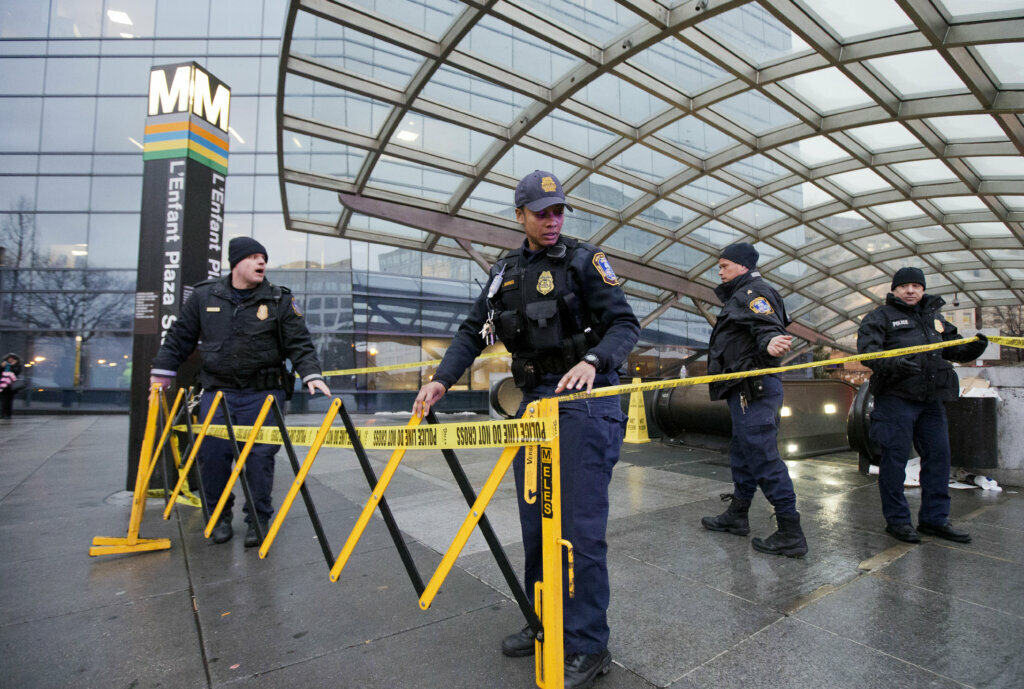
In the wake of nationwide calls for police reform, the Metro Transit Police are taking a step toward more oversight for their officers.
During a special meeting Tuesday, Metro’s board of directors approved the formation of a panel that would review investigations conducted by the Metro Transit Police.
The panel would include law enforcement officials from outside agencies as well as private citizens.
The seven-member panel will consist of three outside police officers from D.C., Maryland and Virginia, who will hold a minimum rank of captain and will be appointed by the Metro Transit Police chief. Four civilians will also be chosen by the Metro Board. D.C., Maryland and Virginia will each have one representative, and one more member will serve at-large.
The panel will have the authority to review any completed investigation by the Metro police from the previous quarter. They will examine how fair and thorough officers were during the investigative process, and will submit any recommendations on new policies and training to the Metro Transit Police chief and Metro Board.
The review panel will be appointed by the board later this fall.
During the meeting, Metro Transit Police Chief Ronald Pavlik said that his officers responded to 70,000 calls in 2019.
“The Metro Transit Police used force just over 2% of the time,” Pavlik said.
Pavlik also said the department is rare in that they register the handcuffing of minors as a use of force; when those incidents are factored out, force is used on less than 1% of calls.
Earlier this year, officers arrested a 13-year-old for shoving an officer. Police stopped the teen for “horseplay.”
In February, officers at Fort Totten reportedly participated in a competition over making arrests and writing tickets.
The Metro police have also dealt with allegations of racial profiling, prompting D.C. Council members Charles Allen and Robert White to hold a public hearing on the matter last November.
The Metro police issued two orders earlier this month in the response to George Floyd’s death at the hands of a Minneapolis police officer. The department now requires bystanding officers to intervene if another officer is using excessive force and bans the use of chokeholds while apprehending suspects.








